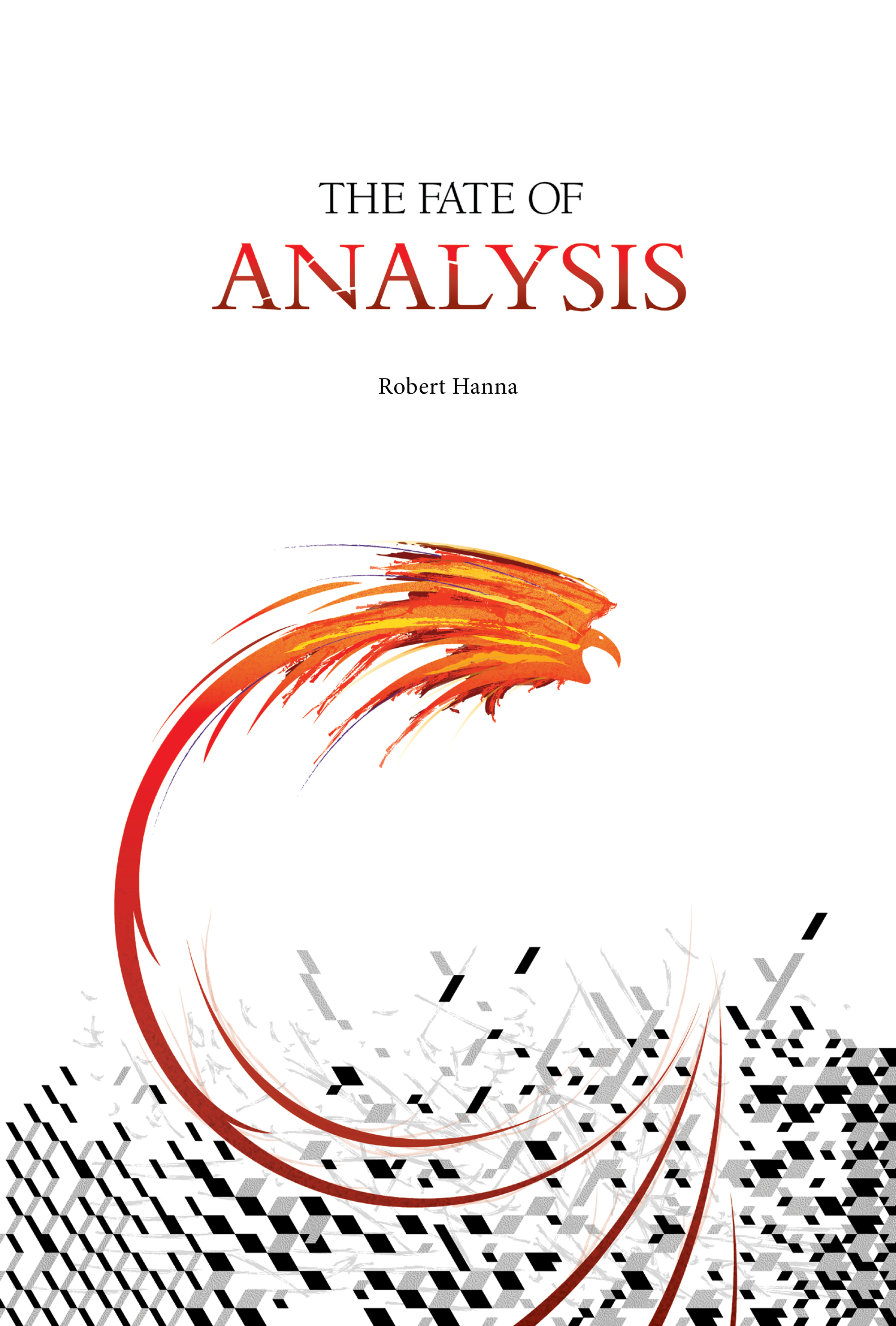CARTESIAN DUALISM: The thesis that fundamentally mental substances, events, facts, properties, or states, are mutually irreducible to and mutually independent of fundamentally physical substances, events, facts, properties, or states, in the sense that each kind has only and at best a causally accidental, contingent, and external connection (for example, as René Descartes held, via the human brain’s pineal gland) with the other kind, such that (i) conceivably and in principle, instances of the mental kind can exist without instances of the physical kind also existing (for example, angels or otherwise disembodied souls), and also instances of the physical kind can exist without instances the mental kind existing (for examples, zombies in the philosophical sense, i.e., molecule-for-molecule exact physical duplicates of ordinary conscious living human animals, that nevertheless lack any kind of consciousness: as it were, the lights are on, but nobody’s home [Chalmers, 1996]), and (ii) neither the mental kind nor the physical kind is either a necessary condition or a sufficient condition of the other kind (Descartes, 1984).
*Controversy: Since the 17th century, the thesis of Cartesian dualism has constantly attracted those who want to reject (i) reductive materialism/physicalism about the mind-body relation in particular and/or (ii) the mechanistic worldview more generally.
But the fatal flaw in Cartesian dualism is simply that, since according to it the mutually irreducible and mutually independent connections between one kind of substances, events, facts, properties, or states, and another kind of substances, events, facts, properties, or states, are at best accidental, contingent, and external, then since the connections that constitute manifestly real organismic life, minded animals, human knowledge, free agency, social institutions, and so-on, are non-accidental, necessary, and internal, then Cartesian dualism renders all such connections synthetic a priori impossible at worst and inherently mysterious at best, and is therefore philosophically incoherent and self-stultifying.
Therefore, the cogent rejection of reductive materialism/physicalism about the mind-body relation in particular and/or the mechanistic worldview more generally cannot be based on ontologically dualistic premises, but instead must be based on dual-aspect monistic premises and/or hylomorphic complementarian premises (see, e.g., Hanna and Thompson, 2003; Hanna and Maiese, 2009; Hanna, 2011, 2018: esp. chs. 1-3 , 2022: esp. chs. 2 and 4).*
REFERENCES
(Chalmers, 1996). Chalmers, D., The Conscious Mind: In Search of a Fundamental Theory. New York: Oxford Univ. Press.
(Descartes, 1984). Descartes, R. “Meditations on First Philosophy.” In R. Descartes, The Philosophical Writings of Descartes. Trans. J. Cottingham et al. 3 vols., Cambridge: Cambridge Univ. Press. Pp. 3-62).
(Hanna, 2011). Hanna, R. “Minding the Body.” Philosophical Topics 39: 15-40.
(Hanna, 2018). Hanna, R. Deep Freedom and Real Persons: A Study in Metaphysics. THE RATIONAL HUMAN CONDITION, Vol. 2. New York: Nova Science.
(Hanna, 2022). Hanna, R. The Philosophy of the Future: Uniscience and the Modern World. Unpublished MS. Available online at URL = https://www.academia.edu/62653411/THE_PHILOSOPHY_OF_THE_FUTURE_Uniscience_and_the_Modern_World_2022_version_.
(Hanna and Maiese, 2009). Hanna, R. and Maiese, M., Embodied Minds in Action. Oxford: Oxford Univ. Press.
(Hanna and Thompson, 2003). Hanna, R. and Thompson, E. “The Mind-Body-Body Problem.” Theoria et Historia Scientiarum 7: 24-44.

If you feel so inclined, please feel free to show your support for Robert via his Patron page (https://www.patreon.com/philosophywithoutborders) or purchase his recently published book, The Fate of Analysis (2021).

The Fate of Analysis (2021)
Robert Hanna’s twelfth book, The Fate of Analysis, is a comprehensive revisionist study of Analytic philosophy from the early 1880s to the present, with special attention paid to Wittgenstein’s work and the parallels and overlaps between the Analytic and Phenomenological traditions.
By means of a synoptic overview of European and Anglo-American philosophy since the 1880s—including accessible, clear, and critical descriptions of the works and influence of, among others, Gottlob Frege, G.E. Moore, Bertrand Russell, Alexius Meinong, Franz Brentano, Edmund Husserl, The Vienna Circle, W.V.O. Quine, Saul Kripke, Wilfrid Sellars, John McDowell, and Robert Brandom, and, particularly, Ludwig Wittgenstein—The Fate of Analysis critically examines and evaluates modern philosophy over the last 140 years.
In addition to its critical analyses of the Analytic tradition and of professional academic philosophy more generally, The Fate of Analysis also presents a thought-provoking, forward-looking, and positive picture of the philosophy of the future from a radical Kantian point of view.







